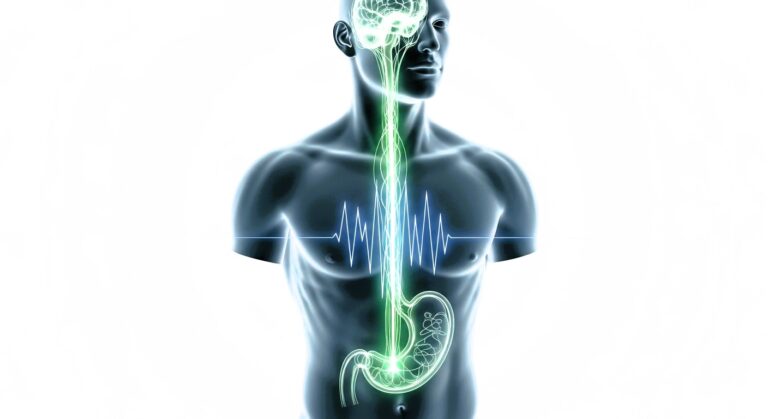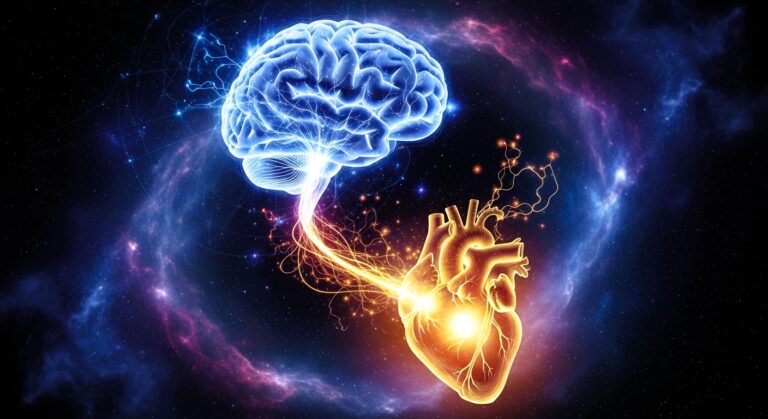اپنے رمضان 2026 کو زندہ کریں:تلے کھانوں سے ہٹ کر افطار کےلیے صحت مند طریقے

دریافت کریں کہ روایتی تلی ہوئی ناشتے سے غذائیت سے بھرپور سنت کھانے جیسے اسکواش اور کھجور میں کیسے منتقل کیا جائے۔ یہ گائیڈ دل کے لیے صحت مند افطار کی ترکیبیں، گرلڈ ٹِکا سموسوں سے لے کر تازگی بخش چنا چاٹ تک، اور ماہ مقدس کے دوران آپ کو ہائیڈریٹڈ اور توانا رکھنے کے لیے ماہرانہ تجاویز پیش کرتا ہے۔




